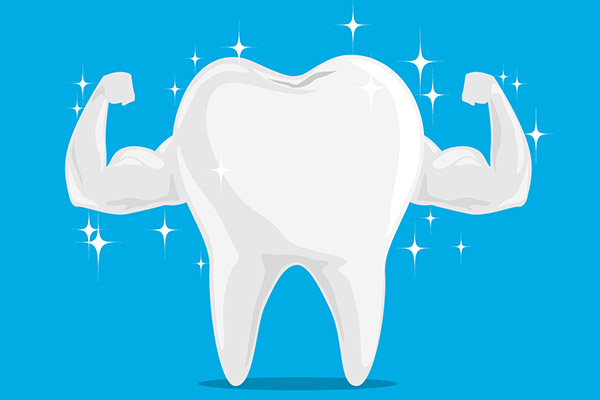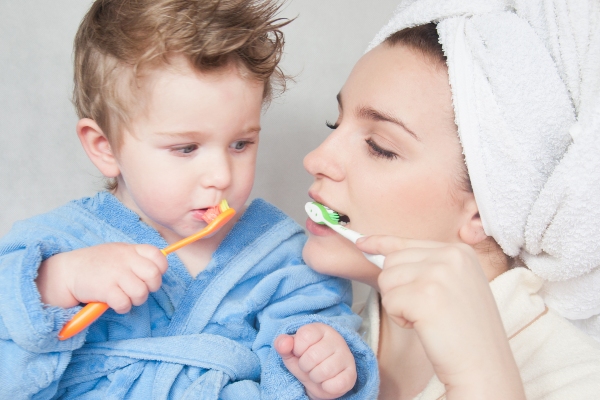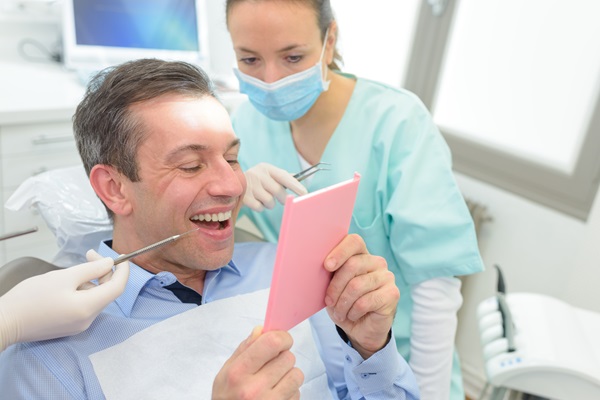 The oral hygiene basics recommended by dentists are essential for healthy teeth and gums. They include brushing and flossing, which should be done twice and once a day, respectively. However, not everyone adheres to this guidance. Is it that bad if you skip these practices.
The oral hygiene basics recommended by dentists are essential for healthy teeth and gums. They include brushing and flossing, which should be done twice and once a day, respectively. However, not everyone adheres to this guidance. Is it that bad if you skip these practices.
As it turns out, failing to observe oral hygiene basics can have severe consequences. The old adage is correct: If you do not take care of your teeth, you will lose them.
Why do you need to care for your teeth
Once you are an adult, you have the set of teeth you will use for the rest of your life. Unfortunately, time and use can be hard on teeth. Every time you eat, you introduce bacteria into your mouth. These bacteria feed on teeth and can cause cavities as well as infections.
The good news is, oral hygiene basics such as brushing can prevent massive damage to your mouth. Regularly brushing and flossing can also help with cosmetic issues.
Avoid tooth loss
When bacteria cause cavities, you have to get them filled as soon as possible or risk losing the tooth. These dental procedures can be expensive, especially if you do not address the problem immediately.
Keep your smile bright
Many foods can stain your teeth:
- Red wine
- Coffee
- Curry
- Tomato-based sauce
- Soy sauce
- Balsamic vinegar
- Cola
- Fruit juices
Over time, the discoloration becomes more noticeable. Your teeth may appear yellow or even brown. Dentists offer whitening treatments to lessen the effect, but it is easier and cheaper to prevent staining in the first place.
Brushing is crucial to prevent staining because it removes food residue. You can also find whitening toothpaste to help.
Prevent bad breath
Bacteria is the number-one cause of bad breath. Mints only cover up the odor, but brushing and flossing treat the root cause.
How oral hygiene basics keep your teeth healthy
Brushing once in the morning and once at night gets rid of food particles, bacteria, and a film of residue called plaque. Flossing reaches the smaller particles wedged between your teeth that are often missed by brush bristles. While you still need to see a dentist annually for a more thorough cleaning, these simple practices can protect your teeth in-between visits.
Prevents plaque build-up
When plaque builds up, it is called tartar, which is much tougher to remove. The built-up tartar may also interfere with your oral hygiene practices, creating a vicious cycle of poor care and tooth decay.
Prevents gingivitis
Gingivitis is the first stage of gum disease. This condition can make gums swollen and painful. When you brush, your gums may bleed. If not treated, gingivitis becomes periodontitis, which affects your jawbone. In the worst-case scenario, you may need surgery to repair the damage.
How oral health impacts overall health
According to the Mayo Clinic, gum disease is linked to other conditions, such as heart disease. By keeping your mouth clean and healthy, you can protect vital systems, such as the cardiovascular system. When your heart and lungs are healthy, you can participate in sports, go on trips, and otherwise embrace the things you love.
Request an appointment or call Gledhill Dental at 509-800-8410 for an appointment in our Kennewick office.
Related Posts
Having a solid handle on good oral hygiene basics will help preserve the integrity of your teeth and mouth health for a long time to come. Steering clear of cavities, receding gums, or decay ensures that your smile is bright and beautiful for as long as possible. If you think you already have an excellent…
Having a firm understanding of oral hygiene basics can prevent tooth decay, gum disease, and general oral discomfort. Human beings go through life developing a range of habits that impact oral health, some of which are good and some of which are bad. Avoiding these damaging behaviors promotes strong teeth and gums that can last…
Brushing and flossing your teeth daily are oral hygiene basics, but what about using mouthwash? Is it an essential part of keeping your teeth healthy.Except for fluoride rinses, mouthwashes are generally not part of the daily oral care routine recommended by dentists, but that does not mean it has no value. Using mouthwash correctly can…


